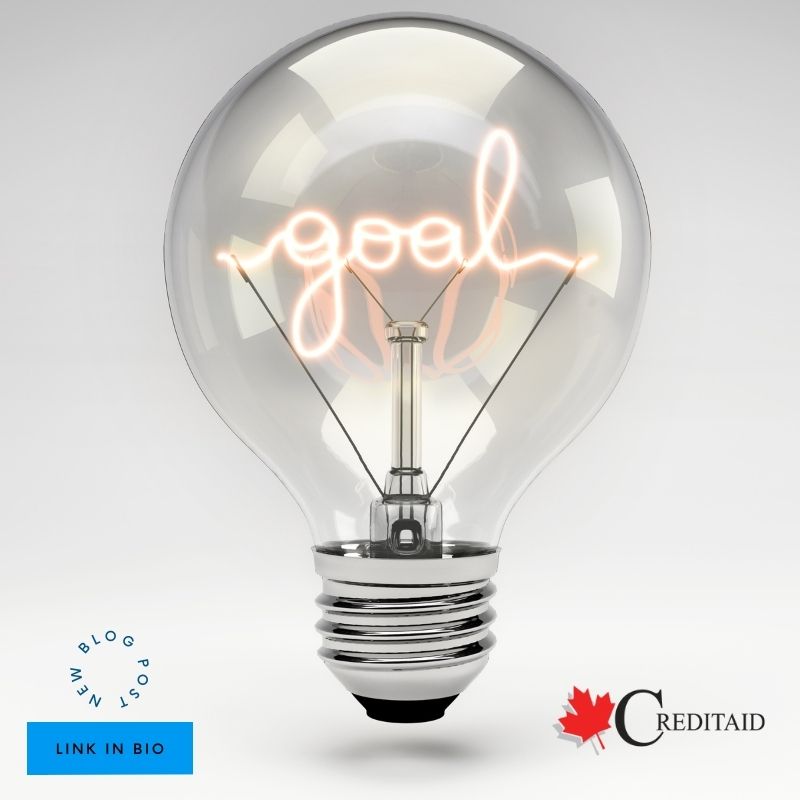At Creditaid, we understand that navigating the world of personal finance can be overwhelming, especially when it comes to managing debt. Misinformation and misconceptions can lead individuals down a path of financial uncertainty. Today, we’re here to debunk some common debt myths in Canada and shed light on the importance of seeking assistance before your financial challenges become insurmountable.
Myth #1: “I Can Manage My Debt Alone”
It’s a common belief that tackling debt is a solo journey, but the truth is that seeking professional guidance can make a world of difference. At Creditaid, our experienced team is here to provide support and guidance tailored to your unique financial situation. Don’t let pride or stigma prevent you from reaching out – a helping hand can make the journey to financial stability much smoother.
Myth #2: “I’m Not Eligible for Debt Assistance”
Another prevalent misconception is that debt assistance is only available to a select few. At Creditaid, we believe that everyone deserves a chance at financial well-being. Our consultations are free and open to anyone seeking assistance. Whether you’re facing credit card debt, student loans, or other financial challenges, our experts are here to evaluate your situation and provide personalized solutions.
Myth #3: “Credit Counselling Will Ruin My Credit Score”
Contrary to popular belief, seeking credit counselling can actually improve your credit score in the long run. Our experts work with you to create a sustainable debt management plan that fits your financial goals. You can rebuild your creditworthiness over time by making timely payments and adhering to the plan.
Myth #4: “Bankruptcy Is the Only Solution”
Bankruptcy is not the only option, and at Creditaid, we explore various alternatives tailored to your specific circumstances. Our goal is to find solutions that empower you to take control of your finances without resorting to extreme measures. From debt consolidation to negotiation with creditors, we have a range of strategies to help you achieve financial freedom.
Act Now Before It’s Too Late
The most crucial step in overcoming financial challenges is recognizing the need for assistance. Waiting until the problem becomes insurmountable can limit your options. By contacting Creditaid for a free consultation, you’re taking a proactive step toward a brighter financial future.
Our experts will assess your situation, provide valuable insights, and guide you through the process of regaining control over your finances. Don’t let debt myths hold you back from seeking the support you deserve.
Remember, financial well-being is a journey, not a destination. Start your journey with Creditaid today, and let us help you pave the way to a debt-free tomorrow.
Contact us now for your free consultation. Your financial freedom awaits.






